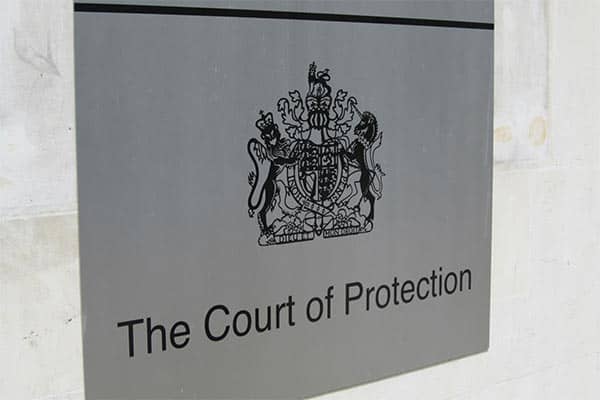This is a guest post by Alex Ruck Keene KC (Hon) reproduced with his permission from the Mental Capacity Law and Policy blog.
In 2014, a (relatively) very long time ago, Sir James Munby, then President of the Court of Protection, issued guidance on the publication of judgments ( reported [2014] EWHC B2 (COP); [2014] 1 WLR 235). This set a presumption, absent “compelling reasons,” for publication of judgments relating to a range of matters, either where the judgment already exists, or the judge has ordered that the judgment be transcribed. The guidance applied to all judgments in the Court of Protection delivered by the Senior Judge, nominated Circuit Judges and High Court Judges (in other words, not to judgments delivered by District Judges, who hear the majority of cases – to understand more about this, see here).
The cases Sir James had in mind were judgments arising from:
(i) any application for an order involving the giving or withholding of serious medical treatment and any other hearing held in public;
(ii) any application for a declaration or order involving a deprivation or possible deprivation of liberty;
(iii) any case where there is a dispute as to who should act as an attorney or a deputy;
(iv) any case where the issues include whether a person should be restrained from acting as an attorney or a deputy or that an appointment should be revoked or his or her powers should be reduced;
(v) any application for an order that an incapacitated adult (P) be moved into or out of a residential establishment or other institution;
(vi) any case where the sale of P’s home is in issue;
(vii) any case where a property and affairs application relates to assets (including P’s home) of £1 million or more or to damages awarded by a court sitting in public;
(viii) any application for a declaration as to capacity to marry or to consent to sexual relations;
(ix) any application for an order involving a restraint on publication of information relating to the proceedings.
The guidance has never formally be withdrawn, nor can it properly be said to be honoured in all cases. This makes the judgment of Henke J in King’s College Hospital NHS Foundation Trust v South London and Maudsley NHS Foundation Trust & Anor [2024] EWCOP 20 refreshing. It is a ‘routine’ serious medical treatment case, of huge importance to the person concerned (and also to those delivering medical treatment to him), but of no wider importance in terms of the development of the law. However, Henke J nonetheless explained why a judgment nonetheless appears:
20. Whilst this matter has ultimately been agreed, I have considered it important to publish this short judgment for two reasons. Firstly, this case has been heard in public subject to a transparency/reporting restrictions order. I consider that where, as here, a case has been listed for a final hearing in public, if it is reasonably practicable, a short judgment should be published so that the public may know, if they wish, what has happened and why it has happened. Secondly, GF should have a record which he can access at his will which sets out why he has had his leg amputated and the steps that were taken to make sure that that amputation was in his best interests. GF did not want to see me as part of the hearing. However, I am conscious that his views on the operation have been sought by the Official Solicitor and those treating him. I have recorded a summary of those views in this judgment, and I have factored those views into my decision making. He should know that and the outcome of this hearing, which after all is about him.
